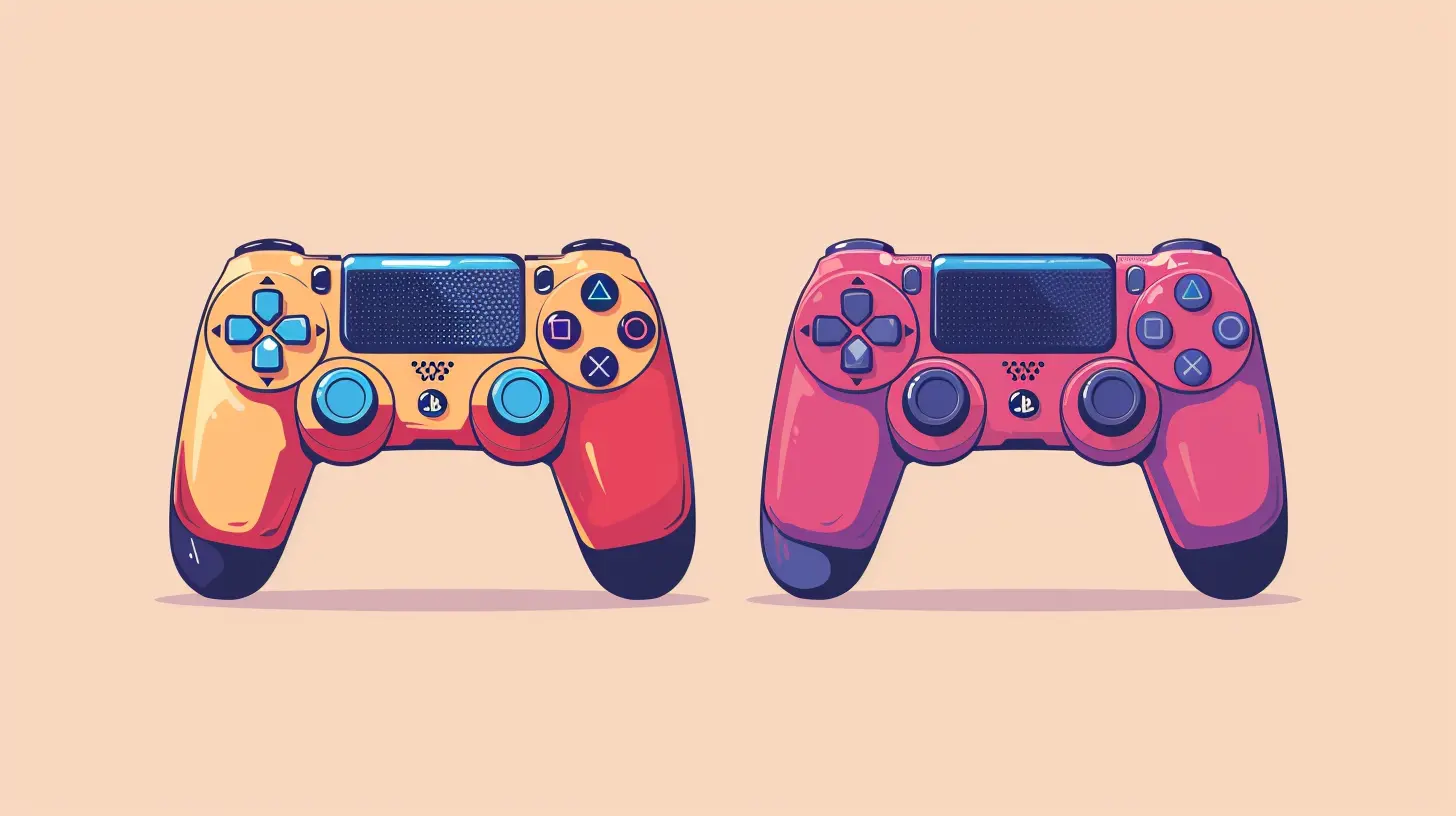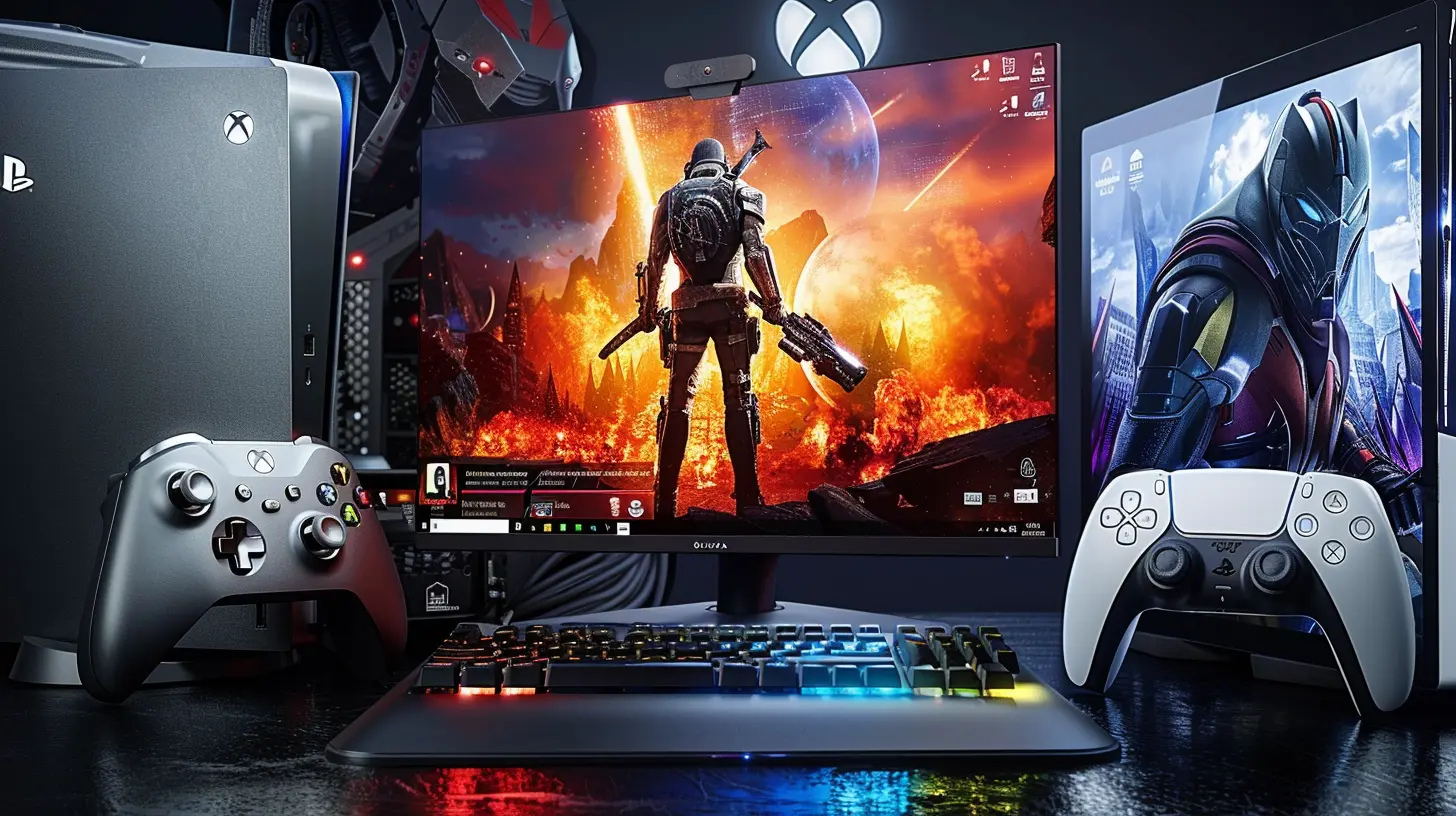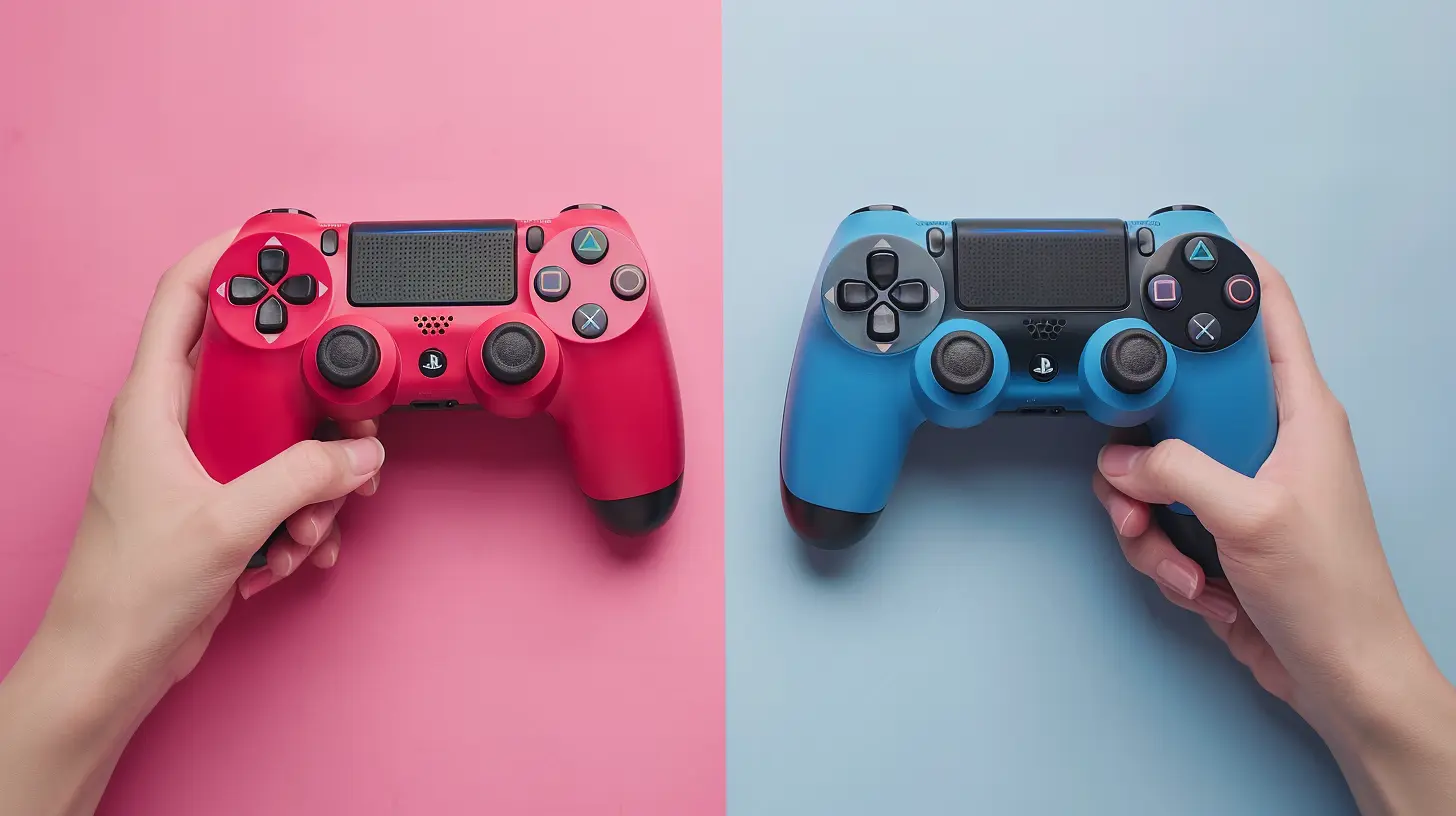19 January 2025
When it comes to gaming, one of the most heated debates (right after “Which platform is better?”) revolves around the cost of games. You’ve probably asked yourself at some point: Why are console games so expensive? Wait, why are some PC games dirt cheap during a sale? These questions—and the conversations they spark—are as common in gaming circles as arguing about whose team carried harder in last night’s multiplayer match.
In this article, I’m diving deep into a topic that’s been confusing gamers for years: the differences between console and PC game prices. By the end, you’ll get a clearer picture of what causes these price disparities—and maybe feel a little less salty when forking over $70 for a console game. Let’s dig in.
Why Console Games Tend to Be More Expensive
If you’re a console gamer, you’ve probably noticed the sting of those $60-$70 price tags, especially with newer releases. But why do console games often cost more upfront compared to their PC counterparts?1. Licensing Fees
Console manufacturers like Sony, Microsoft, and Nintendo don’t just let any game waltz onto their platforms. Developers and publishers have to pay licensing fees for the privilege of releasing their games on these systems. Essentially, game publishers are paying for the honor of having their titles sit on your console’s dashboard.This extra cost eventually gets passed down to—you guessed it—the gamer. In contrast, the PC market doesn’t have a figurehead like Sony or Microsoft in charge. While Steam, Epic Games Store, or GOG may take a cut of sales from publishers, it’s not the same as paying a licensing fee to a company like Sony.
2. Console Development Costs
Behind every great game is a team of developers working hard to optimize it for specific hardware. Consoles have fixed specs, meaning game creators must put in additional effort to polish their titles for that hardware—be it Xbox Series X, PS5, or even the Nintendo Switch. The cost of those extra hours of tailoring often gets baked into the final price tag.PC games, on the other hand, are designed to run on a wide range of systems, with less emphasis on optimizing for one specific setup. Plus, developers don’t need to pay for dev kits or testing on proprietary consoles.
3. No Competition Between Stores
When buying a console game, your choices are limited. For digital purchases, you’re stuck with the PlayStation Store, Microsoft Store, or the Nintendo eShop. These platforms essentially control the pricing of games, and guess what? They rarely offer discounts on new releases.PC gamers, however, have options galore. Steam, Epic Games Store, Humble Bundle—the list goes on. And because these platforms actively compete with each other, they push sales and discounts to outdo their rivals, often resulting in lower prices for PC players.
Why PC Games Can Be Cheaper
Let’s flip the script—PC gamers undeniably get to enjoy some wallet-friendly perks. Whether it’s sales that make your jaw drop or free-to-play offerings that aren’t riddled with microtransactions, the PC platform is a paradise for budget-conscious gamers. But how is this possible?1. Digital-First Distribution
While consoles have been slowly moving toward digital downloads, physical copies of games still dominate the market. The production of discs, cases, and shipping adds extra costs to console games.PC games, on the other hand, have been primarily digital for years. No discs, no plastic—just direct downloads straight from online storefronts. This digital-first approach eliminates manufacturing costs, making it easier for PC publishers to slash prices without taking a huge hit.
2. Frequent Sales
Here’s a fun fact for you: PC gamers practically live for seasonal Steam sales, and who can blame them? The discounts are outrageous! You’ll find AAA games slashed to 50%, 75%, or even 90% off their original prices.Why? Because PC game stores like Steam and Epic Games use sales as a strategy to bring more users to their platforms and keep them engaged. They’d rather sell a ton of games at a lower price than just a few at full price. Console manufacturers, however, are far less aggressive with discounts and tend to hold onto higher prices for longer periods.
3. Free-To-Play and Modding Community
The PC scene also thrives thanks to the abundance of free-to-play titles and a robust modding community. Games like League of Legends or Warframe are entirely free-to-play, while mods can transform existing games, creating an endless fountain of replay value. Console players, unfortunately, don’t have access to the same level of freedom when it comes to mods.
The Role of Exclusives in Pricing
Ah, exclusives—a word that can make a console gamer puff out their chest or a PC gamer roll their eyes. Let’s face it, exclusives are a major selling point for consoles. Titles like God of War, The Last of Us, and Halo Infinite are designed to make you buy into the ecosystem.But here’s the kicker: exclusives also tend to hold their value longer. A console-exclusive game can remain at full price for years because, well, there’s no competition. On the other hand, most PC games eventually drop in price over time, even big-name titles. And with many formerly exclusive games like Horizon Zero Dawn and Death Stranding now finding their way to PC, the gap in exclusives is starting to narrow—but pricing differences remain. 
The Impact of Subscription Services
In recent years, subscription services like Xbox Game Pass, PlayStation Plus, and Steam’s free weekends have shaken up the industry. These services blur the lines of pricing differences between PC and console games.Xbox Game Pass
Xbox Game Pass is arguably the most flexible service, offering access to a large library of games on both PC and Xbox consoles. For a monthly fee, you can play games without worrying about individual price tags. This levels the playing field for Xbox and PC users, though it’s worth mentioning that first-party Xbox titles launch on Game Pass, making it a steal for console gamers.PlayStation Plus
Sony’s PlayStation Plus Extra and Premium tiers give subscribers access to an ever-growing catalog of games, though it’s not as extensive as Xbox’s offerings. It’s great for gamers looking to save money on PS5 titles, but you’re still tied to the Sony ecosystem.Steam Free Weekends
Meanwhile, PC players enjoy free weekends, giveaways, and bundles—which consoles don’t offer nearly as often. Let’s be real: freebies hit different when you’re on a budget.Wait, What About Microtransactions and DLC?
While the upfront cost of PC games may seem lower, don’t forget about the elephant in the room: microtransactions and downloadable content (DLC). This is where the waters get murky, as both PC and console players face the same pitfalls.Game publishers often rely on post-launch monetization to maximize profits. Whether it’s skins, expansions, or season passes, these extras can quickly balloon your total spending, regardless of your platform. In fact, the rise of live-service games has made this a universal issue for gamers.
So, Which Platform Wins the Pricing Battle?
The answer will depend entirely on your gaming habits. If you’re chasing the latest AAA exclusives, be prepared to drop some serious cash on console games. But if you’re savvy and love hunting for deals, PC is hands-down the more affordable option thanks to its frequent sales and the sheer variety of low-cost (or even free) games.At the end of the day, it’s less about which platform is cheaper and more about how you choose to spend your money. Are you someone who needs to play a game the moment it’s released? Or are you content waiting for a sweet 75% discount during a seasonal sale? Either way, you’ve got options—and that’s what makes gaming so awesome.







Carter Wood
Thank you for shedding light on the nuances between console and PC game prices. It’s important to recognize how these differences impact gamers' experiences and choices. Each platform has its unique advantages and challenges, and your insights help foster understanding and empathy within our diverse gaming community. Keep up the great work!
February 2, 2025 at 5:37 PM